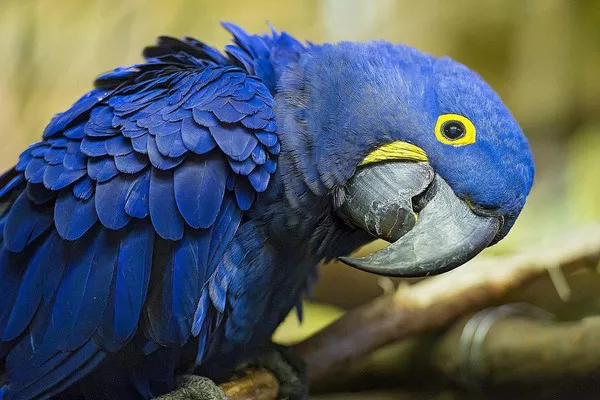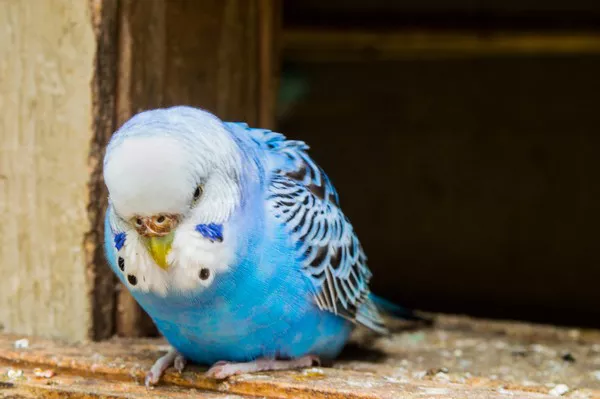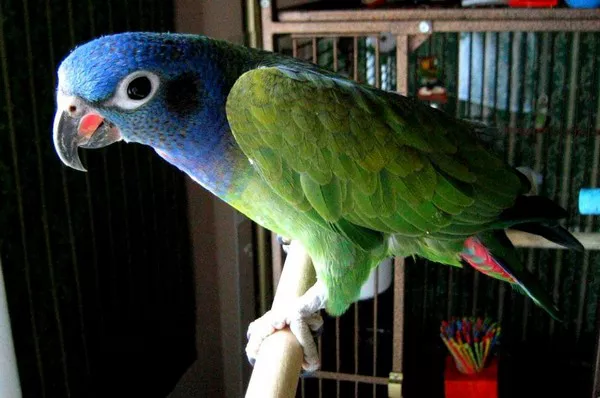The sun conure, a strikingly beautiful and vibrant parrot native to northeastern South America, is known for its vivid plumage and playful nature. As exotic pets, they have captured the interest of avian enthusiasts worldwide. However, when considering the legality of owning such a species in various countries, including India, it’s crucial to understand the legal, ecological, and ethical considerations involved. This article delves into the legality of keeping sun conures in India, exploring the relevant regulations, potential impacts, and alternative considerations for prospective pet owners.
Understanding the Sun Conure
Before delving into the legal aspects, it is essential to grasp what makes the sun conure a unique and popular pet. The sun conure (Aratinga solstitialis) is a small parrot species that originates from the tropical forests of Brazil, Guyana, and Suriname. Characterized by its vibrant orange-yellow feathers, green wings, and blue-tipped tail, the sun conure is known for its high energy levels, social nature, and vocalizations.
Sun conures typically measure between 12 to 14 inches in length and weigh around 80 to 100 grams. They are highly intelligent and require regular mental stimulation and social interaction. Due to their social and active nature, they thrive in environments where they receive ample attention and enrichment.
Legal Framework for Exotic Pets in India
India has stringent regulations governing the ownership and trade of exotic pets, including birds like the sun conure. The primary legislative frameworks governing wildlife and exotic pets in India include:
Wildlife Protection Act, 1972 (WPA): This Act provides for the protection of wild animals, birds, and plants and regulates the hunting, trade, and possession of wildlife. The WPA establishes a framework for the protection of native and exotic species and includes provisions for the regulation of their trade.
The Indian Wildlife (Protection) Act, 1972 (amended): This Act prohibits the hunting, capturing, or killing of wildlife unless specifically permitted. It also addresses the import, export, and possession of wildlife and their derivatives.
The Convention on International Trade in Endangered Species of Wild Fauna and Flora (CITES): India is a signatory to CITES, an international agreement aimed at ensuring that international trade in wild animals and plants does not threaten their survival. CITES regulates the trade of species based on their conservation status and includes provisions for their import and export.
Regulations Concerning the Sun Conure
The sun conure is not native to India, and its legal status is influenced by the aforementioned regulations. Here’s an overview of how these regulations impact the legality of keeping sun conures in India:
Wildlife Protection Act, 1972: The WPA classifies birds into different schedules based on their conservation status. Schedule I provides the highest level of protection and includes species that are considered endangered. Sun conures are not listed in Schedule I, indicating that they are not considered critically endangered. However, their status can influence their regulation, especially concerning trade and possession.
Indian Wildlife (Protection) Act, 1972 (amended): Amendments to the WPA have tightened regulations on the import and trade of exotic species. The Act requires permits for the import and possession of non-native species, and violations can lead to severe penalties. The sun conure falls under this category and requires specific permits for legal possession.
CITES: The sun conure is listed under CITES Appendix II, which includes species that are not necessarily threatened with extinction but may become so if their trade is not regulated. Appendix II species require a permit for international trade, and this regulation impacts the import of sun conures into India. The permits ensure that the trade does not adversely affect the species’ survival in the wild.
Legal Requirements for Keeping Sun Conures in India
To legally keep a sun conure in India, individuals must comply with several regulatory requirements:
Import Permit: Prospective owners must obtain an import permit from the Directorate General of Foreign Trade (DGFT) or the Ministry of Environment, Forest and Climate Change (MoEFCC). This permit is necessary to legally import a sun conure into India.
See Also: Is Sun Conure Loyal?
Quarantine Regulations: Imported birds are subject to quarantine regulations to prevent the introduction of diseases. The birds must undergo a quarantine period at designated facilities where they are examined for diseases and parasites.
Possession Permit: After import, owners must secure a possession permit from the relevant state wildlife authorities. This permit ensures that the bird is legally held and complies with local regulations.
Documentation: Owners must maintain proper documentation, including the import permit, possession permit, and any health certifications required during the quarantine period.
Challenges and Considerations
While the legal framework provides a pathway for the lawful ownership of sun conures, there are several challenges and considerations that potential owners should be aware of:
Ethical Concerns: The exotic pet trade raises ethical concerns regarding the welfare of animals. The capture and transport of wild birds can be stressful and detrimental to their health. Prospective owners should consider adopting birds from rescue organizations or reputable breeders who follow ethical practices.
Conservation Impact: The demand for exotic pets can impact wild populations. Although sun conures are not currently listed as critically endangered, their trade can influence their conservation status. Supporting conservation efforts and responsible breeding practices is crucial for maintaining the species’ population in the wild.
Care Requirements: Sun conures require specialized care, including a balanced diet, mental stimulation, and social interaction. Prospective owners must be prepared to meet these needs to ensure the well-being of their pets. Lack of proper care can lead to behavioral issues and health problems.
Legal Compliance: Navigating the legal requirements can be complex. Prospective owners should consult with legal experts or wildlife authorities to ensure compliance with all regulations and avoid potential legal issues.
Alternatives to Keeping Sun Conures
For those interested in exotic birds but unable to meet the legal or ethical requirements for owning a sun conure, several alternatives exist:
Adopting Native Species: India is home to a diverse range of native bird species that can make excellent pets. Adopting native species supports local wildlife conservation and avoids the complications associated with exotic pets.
Rescue Organizations: Many organizations specialize in rescuing and rehabilitating exotic birds. Adopting a bird from a rescue organization can provide a loving home to an animal in need and ensures that the bird has been ethically sourced.
Educational Programs: Participating in or supporting avian education programs and sanctuaries can contribute to the conservation of exotic species and increase awareness about their needs and challenges.
Conclusion
The sun conure is a captivating and vibrant species that requires careful consideration for its legal, ethical, and practical implications when kept as a pet in India. While the legal framework permits the ownership of sun conures under specific conditions, potential owners must navigate complex regulations, ensure compliance with import and possession permits, and address the ethical concerns associated with exotic pet ownership.
By understanding the legal requirements and considering the broader implications of owning exotic species, individuals can make informed decisions that prioritize the welfare of the birds and contribute to conservation efforts. For those who may find the challenges too great, exploring alternative ways to support avian conservation and adopting native species can be rewarding and fulfilling ways to engage with the world of birds.
Related Topics:
























